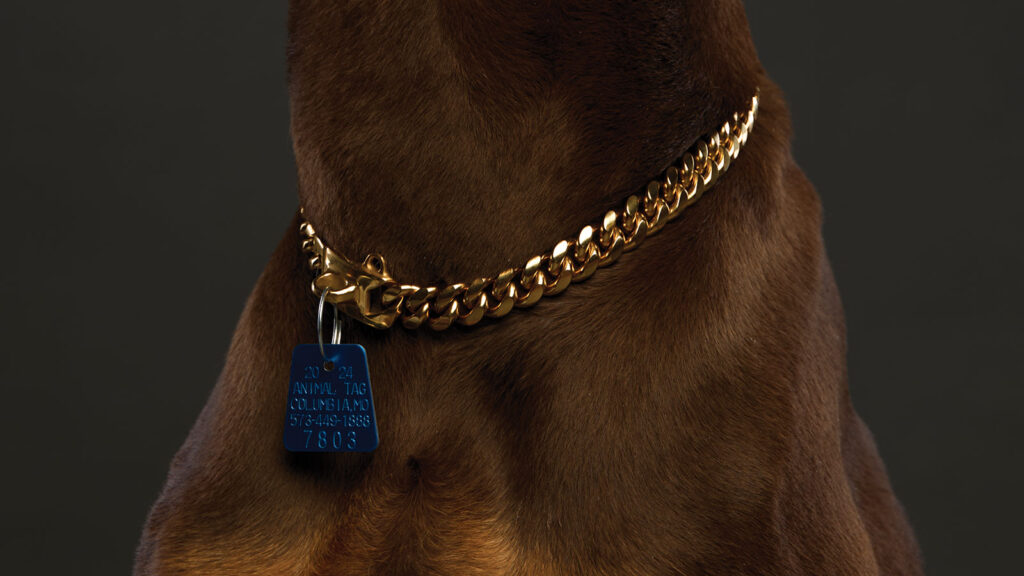Some pets require a license from the city of Columbia to reside here legally. How are Columbians doing with pet ordinance compliance? It’s about an even split.

If your parents let you have a dog, cat, or other critter when you were a kid, it no doubt came with a lecture about responsibility. To have the privilege of pet ownership, you must be responsible for its care, cleaning, feeding, and whatever else your pet requires.
As an adult pet owner living in Columbia, you should know the privilege comes with legal responsibilities, too. Among them is complying with a city ordinance requiring the licensure of dogs, cats, and ferrets. And if you do not comply and get caught, there will be more than some extra chores to pay.
Columbians love their pets. For all the joy yours may bring to you, you still bear a responsibility to make them safe for you and for others. Here are a few things you should know.
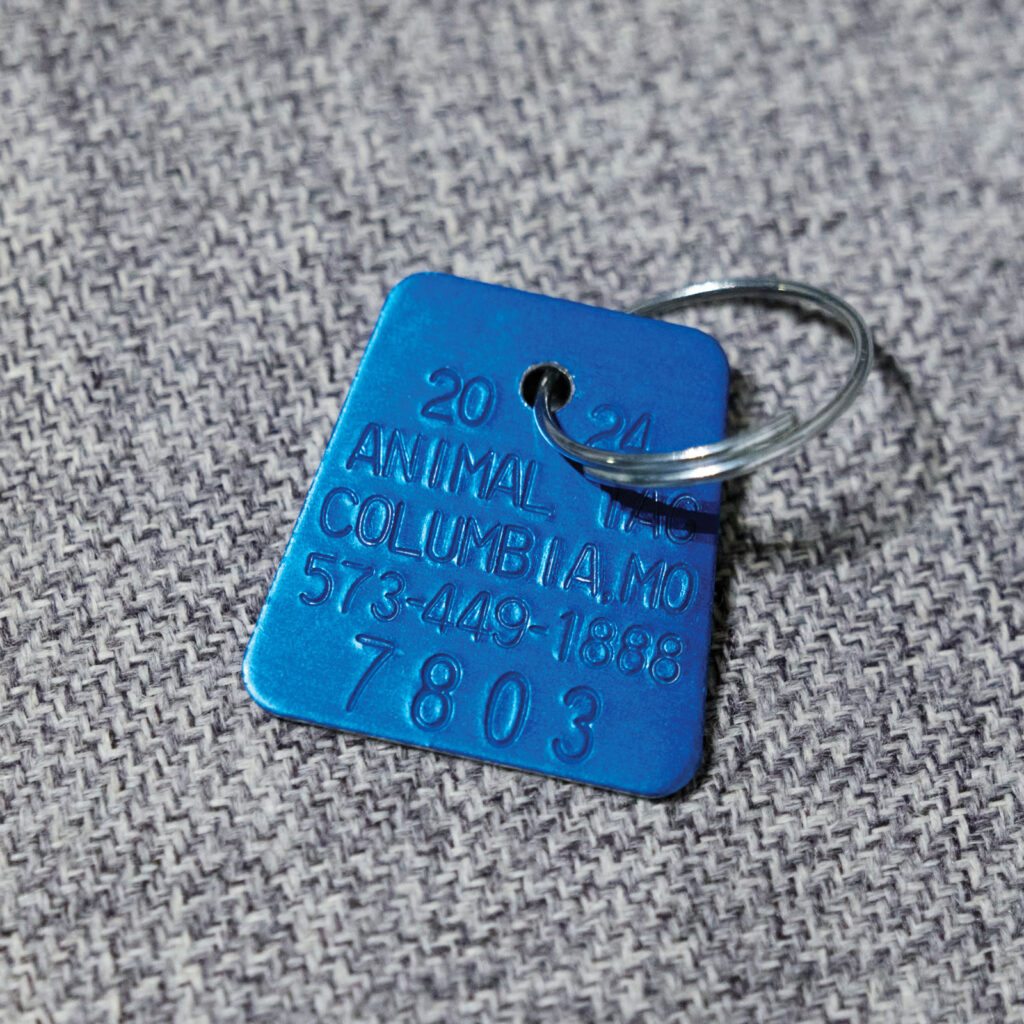
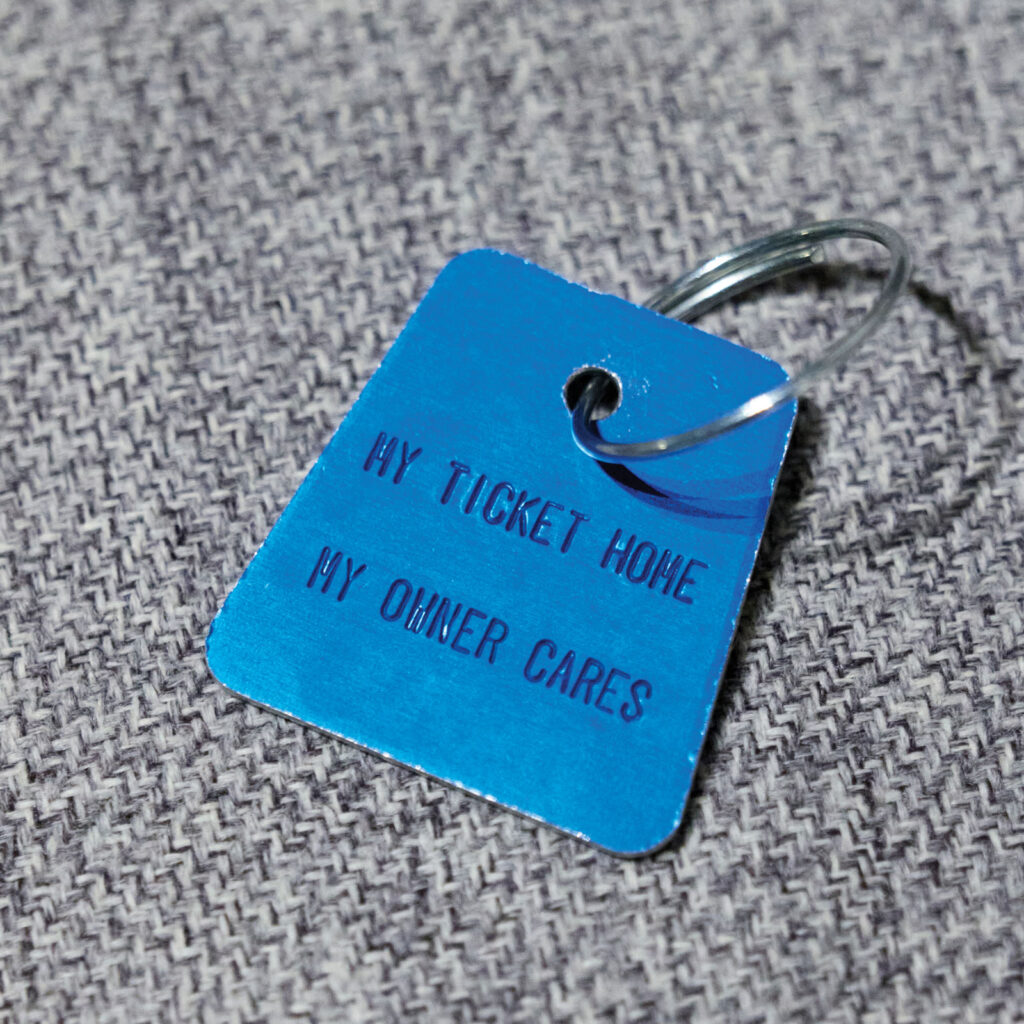
It’s a Safety Issue
As with many city ordinances, the rules pertaining to pet ownership are designed for safety. That’s because licensure is contingent upon administration of rabies vaccines. Moreover, they are in context with recommendations for veterinarians by the Centers for Disease Control and Prevention (CDC). The CDC states that all dogs, cats, and ferrets should be “vaccinated and revaccinated against rabies according to product label directions.”
Licenses are issued for dogs, cats, and ferrets for one, two, or three years. The duration of the license affects the cost of the license but more important, it reflects the length of time the rabies vaccine is effective.
Licenses for dogs and cats three months to twelve months of age, and spayed and neutered dogs and cats at any age, costs $5 for one year, $10 for two, and $15 for three. If they are over twelve months old and not spayed or neutered, the license fees are $15, $30, and $45, respectively.
License fees are on top of whatever you pay a veterinarian to administer the rabies vaccine. Vets are, in fact, “deputized” by city ordinance to register pets for licenses, provide proof of licensure and a collar tag, and collect license fees which they remit to the city. Participation is voluntary, but Todd Guess, business services manager for the city, says there are currently fourteen vet facilities participating.
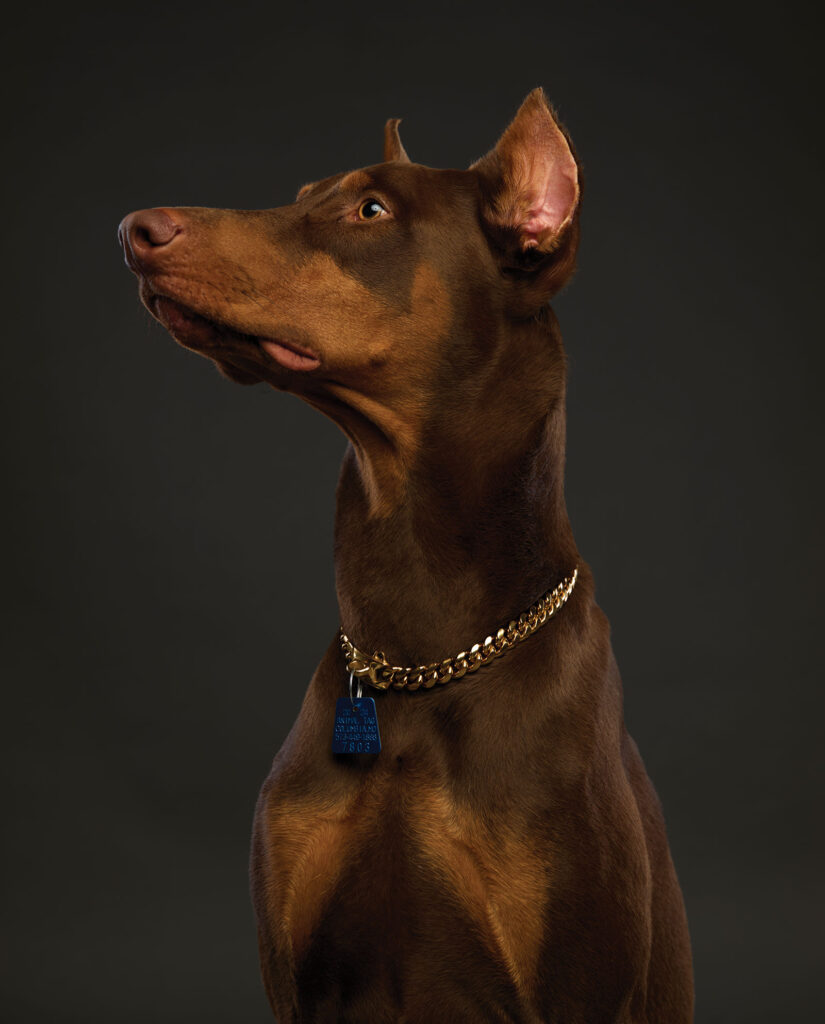
The Price You Pay for Breaking the Law
Kevin Meyers is supervisor of Columbia/Boone County Animal Control. While area veterinarians may be deputies in efforts to uphold the ordinance, Animal Control is the police.
Dogs and cats picked up without licensure tags are impounded by Animal Control at the Central Missouri Humane Society. The city contracts that service with CMHS. Meyers says they probably average about 600 impoundments a year for those in the city limits and another 200 or so in Boone County. Most of those are dogs because Columbia enforces a leash law. But some are cats who demonstrate aggressive behavior, bite someone, or are sick or injured.
Animal Control assesses a $35 impoundment fee, charges $20 a night for boarding, and requires owners pay $23 to have their pets microchipped if they aren’t already. That can all add up fast. If the animal isn’t claimed within five days, it will be put up for adoption.
Then, there’s the ticket that’s issued by Animal Control for violating a municipal ordinance. That can send the owner to municipal court where they can face court fees and fines. The number of pets reclaimed by owners varies from year to year. Meyers says the number is often related to the health of the economy. For example, in 2022, 47 percent of strays were reclaimed while in 2023, 44 percent were reclaimed.
“Typically, we’re more of an education-based facility,” Meyers says. “We try to educate people on the ordinances before we jump straight to writing a ticket. And 95 percent of the time, we give owners a week or two to get their pet vaccinated, purchase a license, and show us proof that they’ve done so. We’ll just void that ticket, and they won’t need to go to court.”
Meyers says his division wants to teach people to be responsible pet owners, and that includes spaying and neutering dogs and cats. Licensing pets that are not spayed or neutered costs more, and that’s designed to be an incentive to reduce the number of unwanted animals.
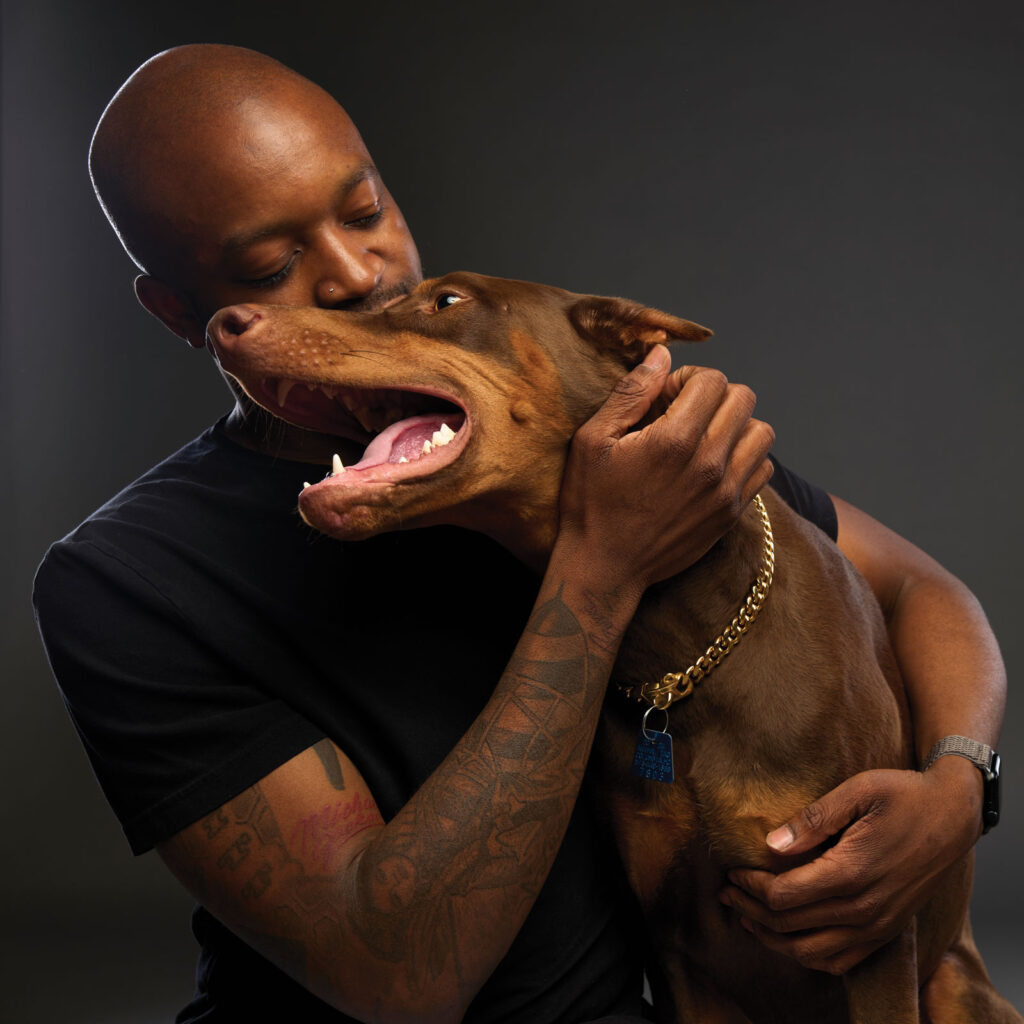
The Licensed vs. the Unlicensed
Meyers says there’s no way to know for sure how many unlicensed animals there are in Columbia, but he estimates it’s about the same numbers as those that are. He says that between 2020 and 2023, there was an average of roughly 4,000 licenses issued per year for dogs and 1,000 for cats. However, since there are currently no licenses on file for ferrets, owners of those pets aren’t complying with the ordinance.
License fees end up as revenue in city coffers. Meyers said their efforts to educate Columbia residents about the licensure ordinance has been effective.
“The revenue 10 years ago, in 2014, was $32,965. In 2022, it was $48,082, so I think we have come a long way,” he says.
In fact, according to Guess, the city generated $53,426.75 in revenue from licenses purchased during fiscal year 2023 (October 1, 2022, through September 30, 2023).
Animal Control averages about $8,200 annually in impound fees and $2,500 for microchipping strays. As of the end of April, Meyers says they had charged $4,600 in impound fees with the busy season strays, which is summer, still in front of them.
Pay to comply with the law or pay a premium if your pet is found to not have a license. Columbia is a pet-friendly town, especially if you host yours responsibly. No parental lecture required.
